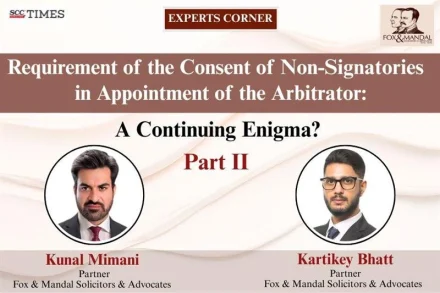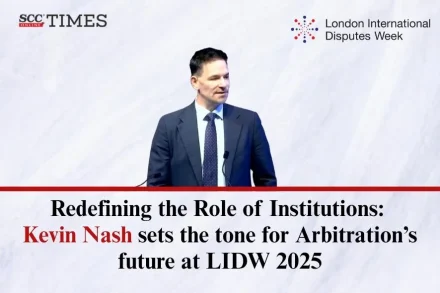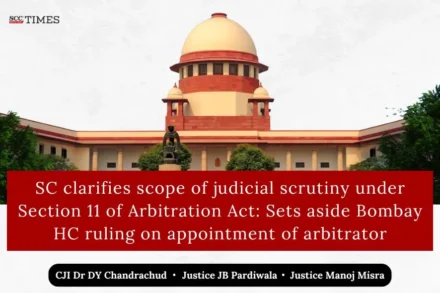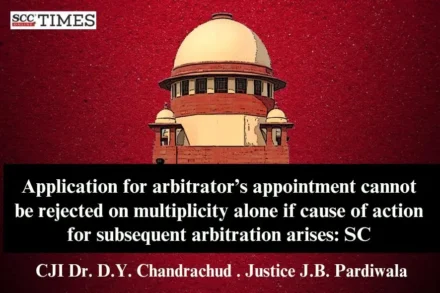
Requirement of the Consent of Non-Signatories in Appointment of the Arbitrator: A Continuing Enigma? Part II
by Kunal Mimani* and Kartikey Bhatt**

by Kunal Mimani* and Kartikey Bhatt**

LIDW 2025 reinforced London’s pivotal role in shaping the future of international dispute resolution. Through innovation, inclusivity, and global collaboration, the event not only addressed the pressing challenges of the field but also paves the way for best practices and forward-thinking strategies in arbitration, litigation, and mediation.

Supreme Court clarified that the limited jurisdiction of the referral Courts under Section 11 must not be misused by parties in order to force other parties to the arbitration agreement to participate in a time-consuming and costly arbitration process.

“While applying the principles of Order 23 Rule 1 of CPC to applications under Section 11(6) of the Arbitration and Conciliation Act, 1996, it must be kept in mind that it will act as a bar to only those applications which are filed subsequent to the withdrawal of a previous Section 11(6) application filed on the basis of the same cause of action.”

The clear ineligibility to any unilateral appointment is set out in Section 12 of the Arbitration Act read with the Seventh Schedule of the Act. After the 2015 Amendment to the Act came into effect, any unilateral appointment would be contrary to the law.

Bombay High Court directed MCIA to substitute the arbitrator and appoint an independent arbitrator to continue with the arbitral proceedings.